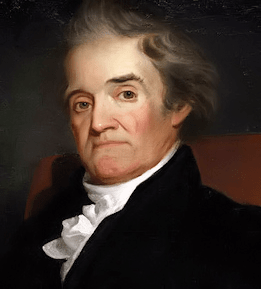Textus Receptus Bibles
Noah Webster's Bible 1833
| 13:1 | Though I speak with the tongues of men and of angels, and have not charity, I am become as sounding brass, or a tinkling cymbal. |
| 13:2 | And though I have the gift of prophecy, and understand all mysteries, and all knowledge; and though I have all faith, so that I could remove mountains, and have not charity, I am nothing. |
| 13:3 | And though I bestow all my goods to feed the poor, and though I give my body to be burned, and have not charity, it profiteth me nothing. |
| 13:4 | Charity suffereth long, and is kind; charity envieth not; charity vaunteth not itself, is not puffed up, |
| 13:5 | Doth not behave itself unseemly, seeketh not its own, is not easily provoked, thinketh no evil; |
| 13:6 | Rejoiceth not in iniquity, but rejoiceth in the truth; |
| 13:7 | Beareth all things, believeth all things, hopeth all things, endureth all things. |
| 13:8 | Charity never faileth: but whether there are prophecies, they shall fail; whether there are languages, they shall cease; whether there is knowledge, it shall vanish away. |
| 13:9 | For we know in part, and we prophesy in part. |
| 13:10 | But when that which is perfect is come, then that which is in part shall be done away. |
| 13:11 | When I was a child, I spoke as a child, I understood as a child, I thought as a child: but when I became a man, I put away childish things. |
| 13:12 | For now we see through a glass darkly; but then face to face: now I know in part; but then shall I know even as also I am known. |
| 13:13 | And now abideth faith, hope, charity, these three; but the greatest of these is charity. |

Noah Webster's Bible 1833
While Noah Webster, just a few years after producing his famous Dictionary of the English Language, produced his own modern translation of the English Bible in 1833; the public remained too loyal to the King James Version for Webster’s version to have much impact.